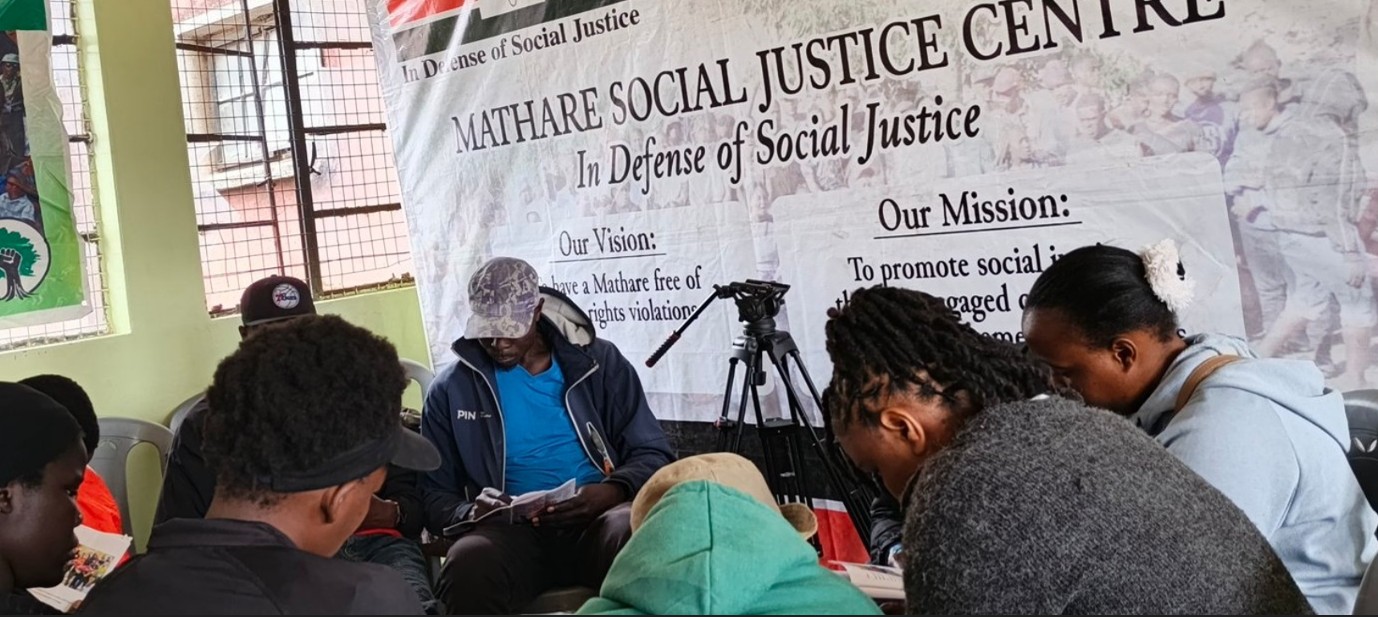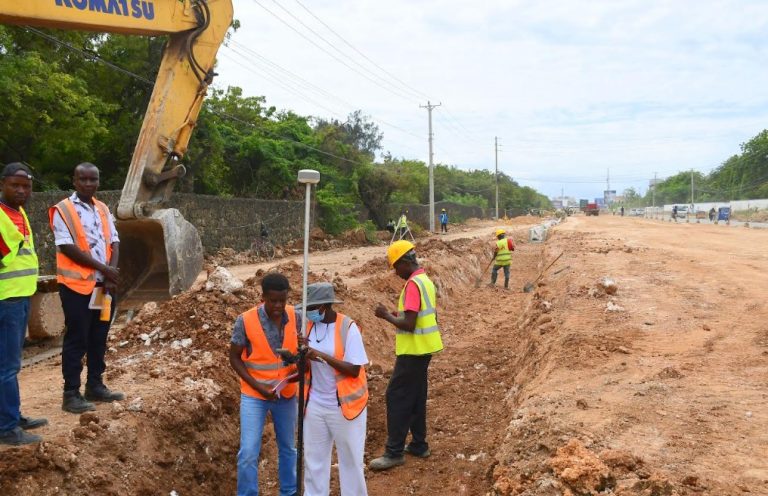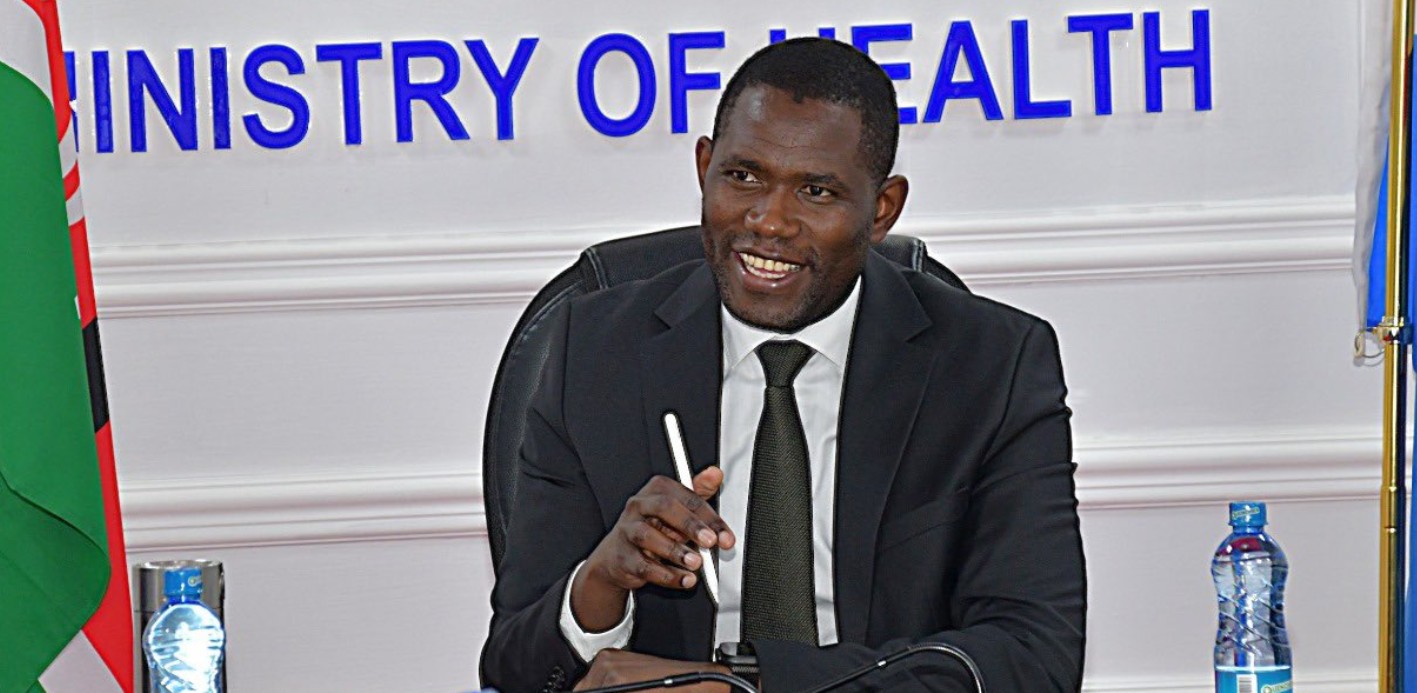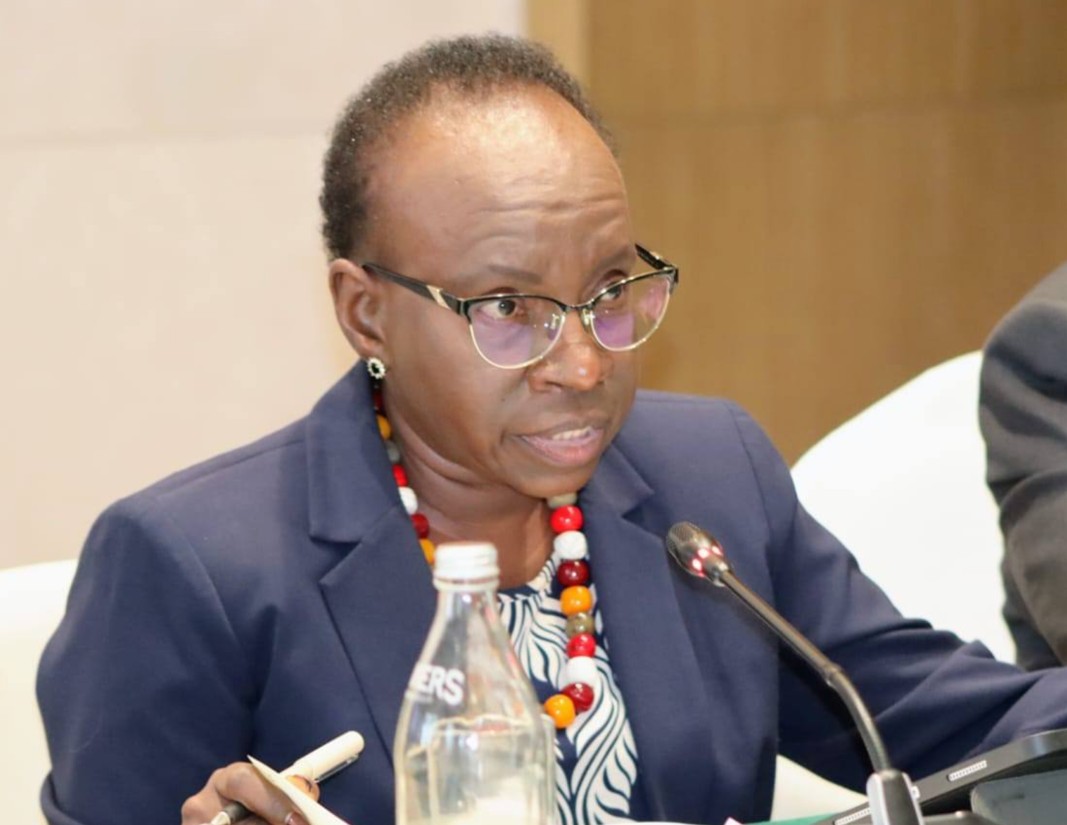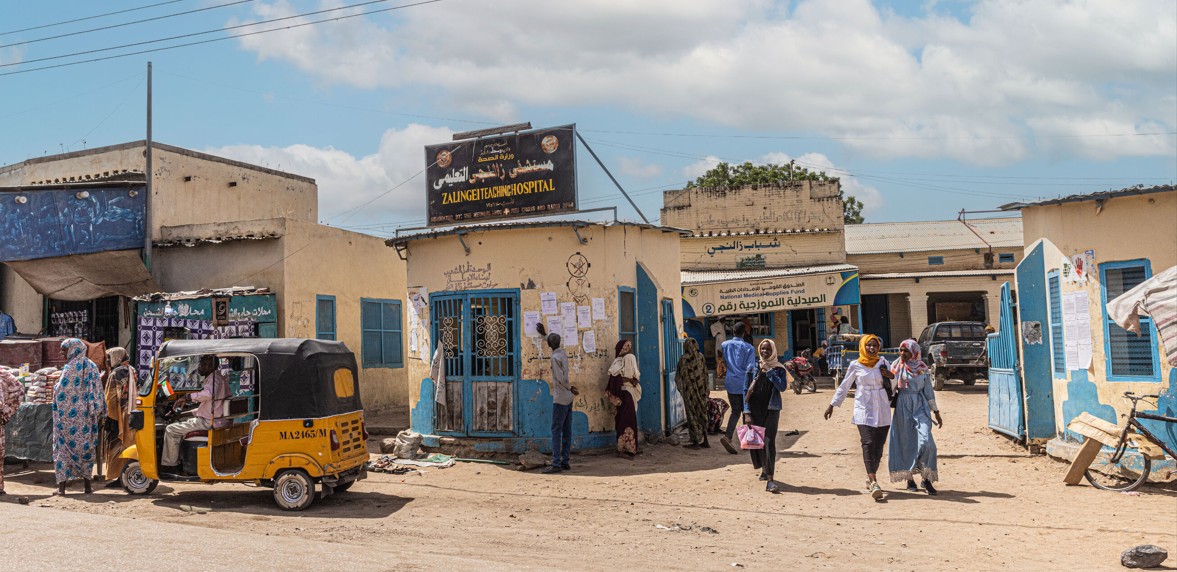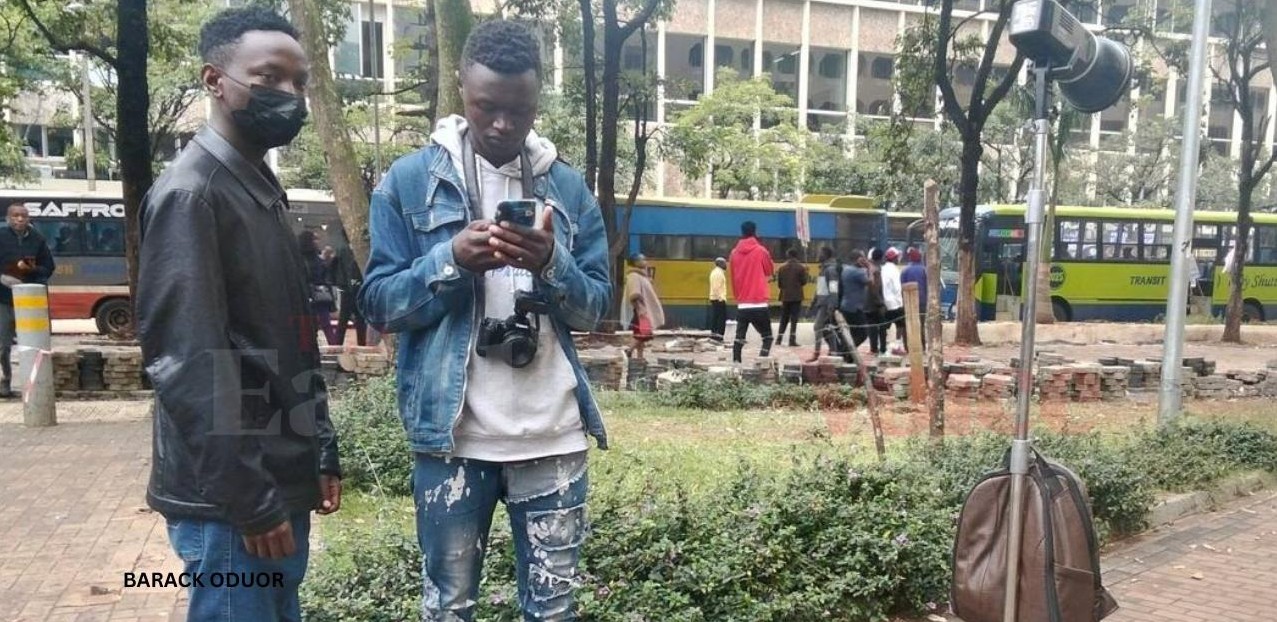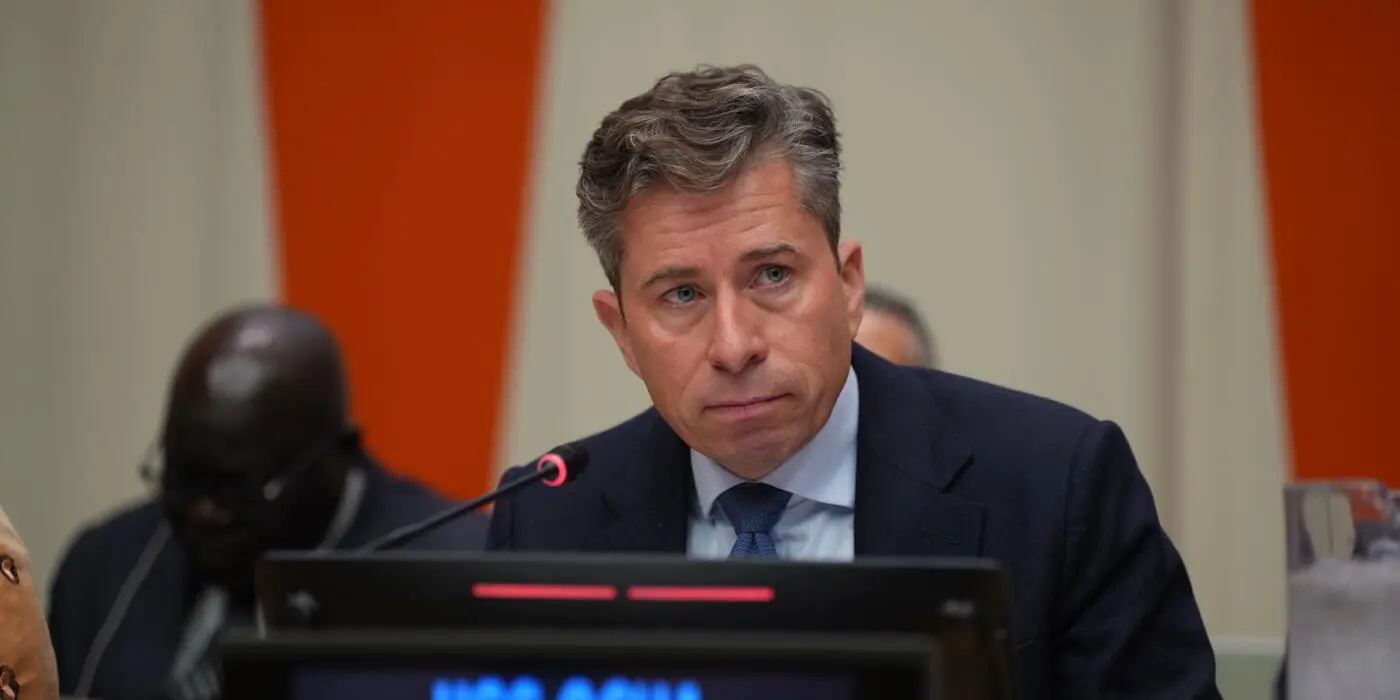Teachers in hardship areas accuse Kuppet of neglect, demand increase in hardship allowance
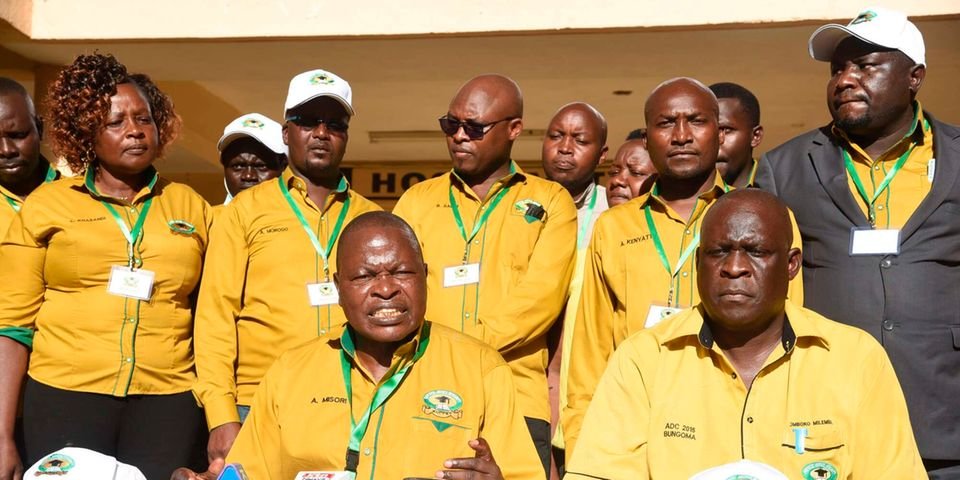
They argue that the hardship allowance, being the only allowance specific to their working conditions, must be adjusted to reflect the daily struggles teachers face.
The Kenya Union of Post Primary Education Teachers (Kuppet) has been accused of failing to prioritise the needs of teachers in remote and harsh regions, as their proposals for the 2025-2029 collective bargaining agreement do not include an increase in hardship allowances.
According to the Kenya Teachers in Hardship and Arid Areas Welfare Association (KETHAWA), this omission reflects a continued disregard for the unique challenges faced by educators working in these difficult environments, who are now demanding that the hardship allowance be raised to 40 per cent of the teachers’ basic salary.
More To Read
- Unions push for stand-alone junior schools, teachers cite stalled career growth
- Teachers to apply for transfers online under new TSC system that aims to boost accountability
- TSC announces over 45,000 teaching and internship vacancies
- KUPPET condemns TSC for ignoring decade-long teacher promotion backlog
- KUPPET threatens strike over government plan to scrap Minet teachers' medical scheme
- Education stakeholders push for independent body to regulate teachers
KETHAWA, in a statement, expressed outrage over what they termed as persistent exclusion from key negotiations affecting their welfare, while other allowances such as basic salary, house, commuter and subsistence allowances are being reviewed.
They argue that the hardship allowance, being the only allowance specific to their working conditions, must be adjusted to reflect the daily struggles teachers face.
“It has come to our notice that the Kenya Union of Post Primary Education Teachers (Kuppet) has tabled proposals on basic salary, house allowance, commuter and subsistence allowances – yet, once again, there is no mention of an increment in hardship allowance,” KETHAWA’s national secretary Wangonya Wangenye said.
The lobby accused Kuppet of neglecting the plight of teachers deployed in remote and harsh environments, despite their crucial role in delivering education under difficult circumstances.
“As much as we appreciate the union’s legal mandate to negotiate on behalf of teachers, we view the omission of hardship allowance as outright discrimination and a constitutional violation of our members’ rights,” Wangenye added.
"Outdated allowance"
KETHAWA argues that the current hardship allowance is outdated and does not reflect the real struggles teachers face, including insecurity, poor infrastructure and lack of basic amenities.
“We shall not sit back as discrimination, dating back many years, is perpetuated against our members. Any future review of hardship areas must involve consultation with our association,” Wangenye said.
In their proposal for the 2025-2029 collective bargaining agreement, KETHAWA is demanding that the hardship allowance be increased and pegged at 40 per cent of teachers’ basic salary. Currently, teachers in the lowest cadre (Grade B5) receive Sh6,600, while those in the highest grade (D5) are entitled to Sh38,100.
“In light of the above and as an association representing these teachers, we propose this allowance to be increased just like any other allowance and pegged at the rate of 40 per cent of the basic salary. Please note we had made similar input in our letter to you dated 14th April 2023, which should also be incorporated in the final CBA affecting members of our association. Any review of hardship areas must also be done in consultation and concurrence with our association,” Wangenye said in a letter to the CEO of the Teachers Service Commission (TSC), Nancy Macharia.
Historically, hardship allowances for teachers have varied significantly. In 2019, the lowest-paid teachers received approximately Sh3,055 per month, while the highest-paid earned up to Sh13,479. Subsequent adjustments have seen these figures rise, with some teachers now receiving between Sh10,900 and Sh38,100. However, KETHAWA maintains that these amounts remain insufficient given the harsh conditions in which their members operate.
Top Stories Today

